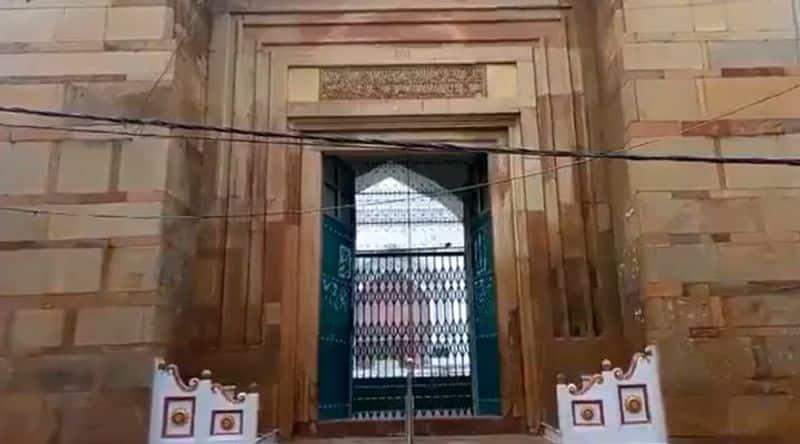
After Gyanvapi, New Legal Tussle Over Jama Masjid Shamsi In UP's Budaun
A hearing took place in the Civil Judge Senior Division (Fast Track) court on Tuesday, December 19, 2023, regarding a dispute surrounding the scientific survey of Jama Masjid Shamsi and the demand for permission to worship at the site. The 'Akhil Bharat Hindu Mahasabha' filed an application to present its case in the court, supported by gazette evidence, aiming to establish the right to worship at Badaun's Jama Masjid Shamsi.
Origins of the Dispute
The dispute traces back to August 2022 when Mukesh Patel, the state convenor of Hindu Mahasabha, filed a petition in the district court of Badaun seeking permission to offer prayers in the mosque. The Hindu side contends for the right to worship at Jama Masjid Shamsi and has called for an Archaeological Survey of India (ASI) examination of the mosque. The claim is rooted in the assertion that a Neelkanth Mahadev Temple once existed on the land, destroyed by Muslim rulers who subsequently built the mosque.
The Court Proceeding
During the court hearing, various parties, including the Jama Masjid Arrangement Committee, District Administration, Waqf Board, and the Archaeology Department, presented their perspectives. The Jama Masjid Shamsi side has requested the dismissal of the petition.
On Tuesday, Vedprakash Sahu, the advocate representing Hindu Mahasabha, filed an application for a scientific survey of Jama Masjid Shamsi. He presented evidence from the Gazetteer in support of the petition, with the case awaiting further hearing.
Hindu Side's Claim
The Hindu side asserts that akin to Ayodhya, Kashi, and Mathura, Jama Masjid Shamsi in Badaun was constructed by Islamic invaders after destroying a temple dedicated to Lord Shankar. They claim that a Neelkanth temple of Lord Shiva stood at the location before the arrival of Islamic invaders, specifically mentioning Iltutmish's role in demolishing the temple to build the mosque.
The Hindu Mahasabha points to a 148-year-old ASI report titled 'Tours in the Gangetic Provinces from Badaon to Bihar' conducted from 1875 to 1880. The report, prepared by Alexander Cunningham, alleges that a Hindu temple named Harmandar was built by King Mahipal before the Islamic invaders' rule in Badaun. It further states that the temple was demolished, and the Jama Masjid of Badaun was constructed in its place.
Controversial Statements
In an unrelated development, Maulana Tauqeer Raza, known for making contentious remarks, declared his intention to launch a street fight over the disputed structure at Gyanvapi. Tauqeer expressed Muslims' unwillingness to lose any mosque, regardless of survey results, citing discontent with the Supreme Court's decision on the Ram Mandir.
He made these statements during a Muslim panchayat held by the Ittehad-e-Millat Council in Delhi on Monday, December 18. The controversy surrounding the dispute over Jama Masjid Shamsi and Tauqeer's provocative statements add fuel to the ongoing debate over religious sites in India. The court is yet to make a decision on the matter, and tensions remain high as both sides present their arguments.
Legal Disclaimer:
MENAFN provides the
information “as is” without warranty of any kind. We do not accept
any responsibility or liability for the accuracy, content, images,
videos, licenses, completeness, legality, or reliability of the information
contained in this article. If you have any complaints or copyright
issues related to this article, kindly contact the provider above.
















Comments
No comment